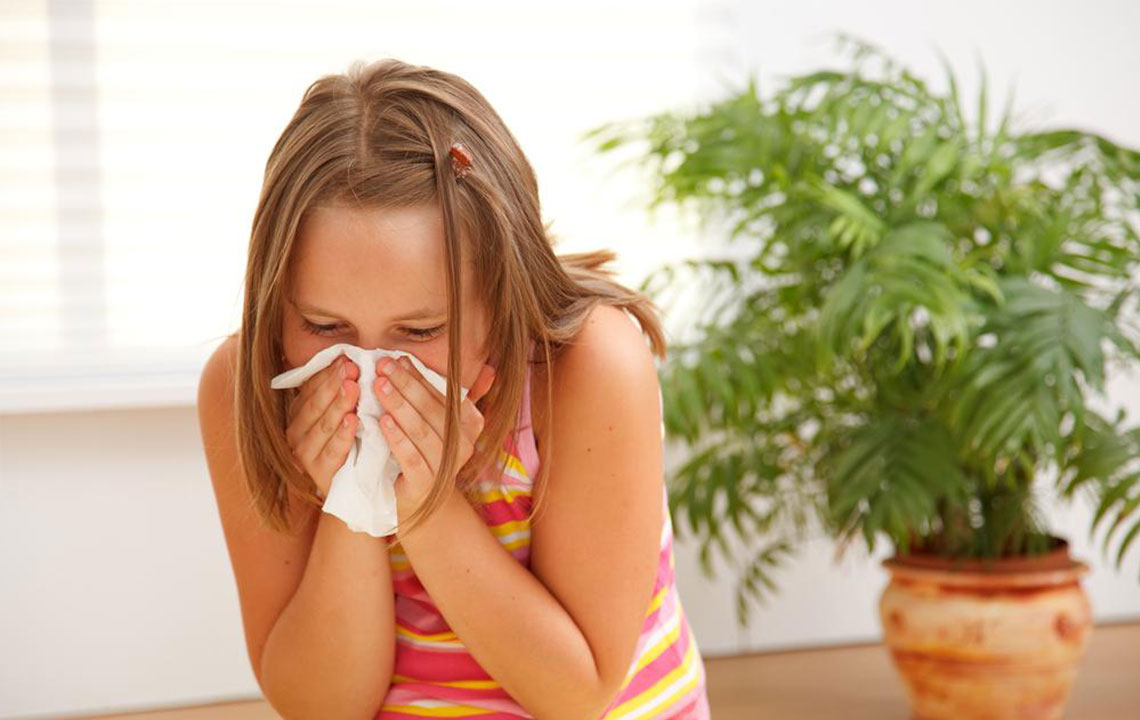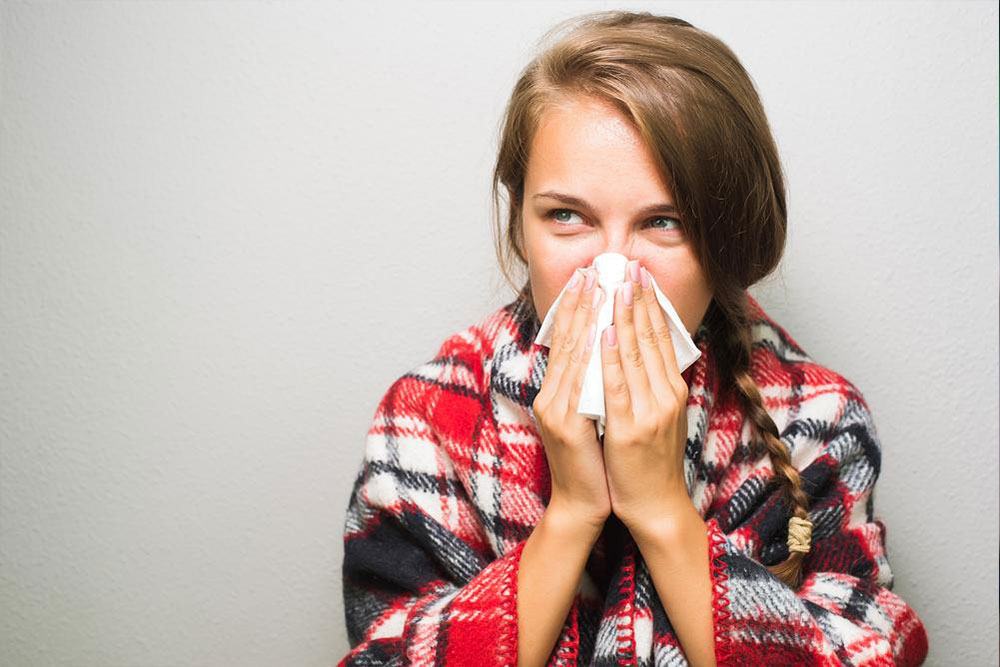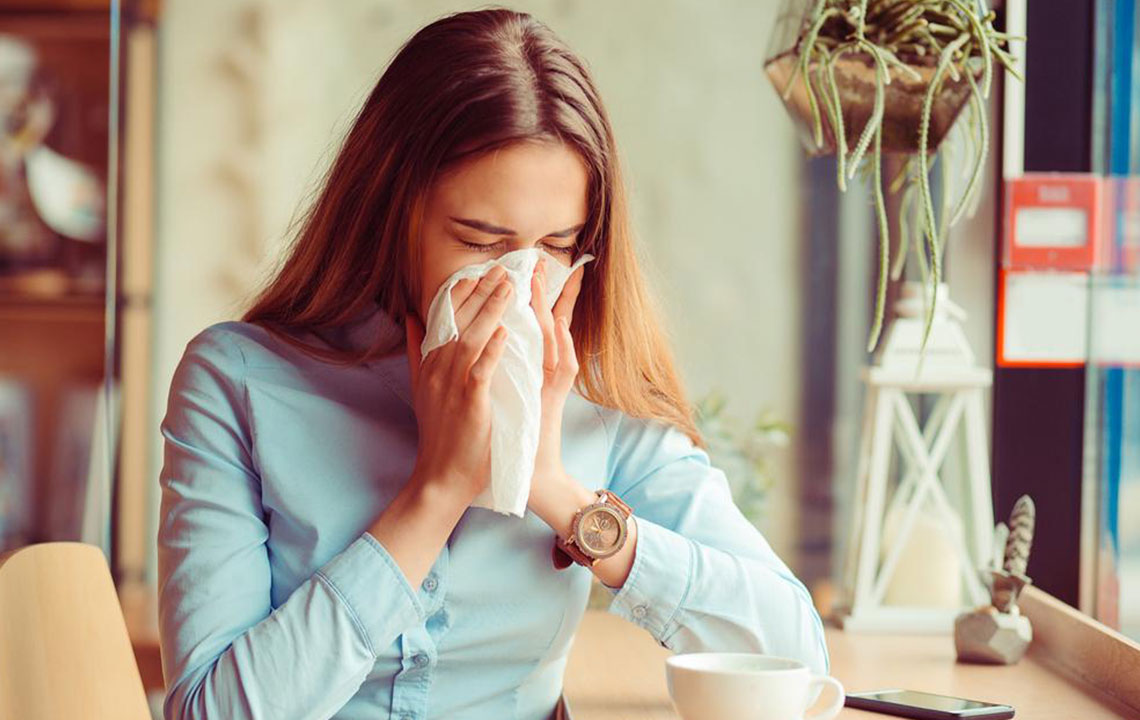Understanding Allergies: FAQs and Effective Management Strategies
This comprehensive guide addresses common questions about allergies, their causes, symptoms, and treatment options. Covering pollen allergies and effective management strategies, it helps individuals understand and control allergy symptoms. Consulting healthcare professionals is recommended for personalized care, promoting improved quality of life for allergy sufferers.

Understanding Allergies: FAQs and Effective Management Strategies
The body's immune system functions as a complex defense network, protecting against harmful pathogens. Sometimes, it can overreact to harmless substances like pollen or pet dander, leading to allergies. Allergic reactions vary from mild irritations to severe conditions such as anaphylaxis. Recognizing common allergen sources and symptoms is essential for proper management. Treatments include antihistamines, decongestants, immunotherapy, and home remedies. If symptoms occur consistently, consulting a healthcare professional can help identify triggers and develop an effective allergy treatment plan for a healthier life.
Allergies can cause significant discomfort, but effective management can improve quality of life. Common triggers include pollen, pet dander, and environmental factors. Symptoms such as sneezing, itchy eyes, and runny nose are typical. Treatment options range from medications to home remedies. Awareness and timely intervention play vital roles in controlling allergy symptoms. Seeking professional advice ensures tailored strategies, helping individuals live comfortably despite their allergies.
What is an allergy?
The immune system defends the body by producing antibodies that identify threats like bacteria and viruses. Sometimes, it misidentifies harmless substances—such as pollen or pet dander—as dangerous, prompting it to attack.
This immune response results in inflammation affecting the skin, respiratory system, sinuses, and stomach, causing various allergy symptoms. Allergies can appear as minor issues or potentially life-threatening conditions like anaphylaxis, with symptoms differing among individuals.
What causes allergies?
Allergies develop when the immune system mistakes harmless substances for threats and reacts adversely. These substances are often common environmental elements like pollen, dust mites, or pet fur.
Upon exposure, the immune system produces antibodies that recognize specific allergens. Future contact triggers the release of chemicals like histamine, leading to allergy symptoms. People with asthma, a family history of allergies, children, and those with limited sunlight exposure are more susceptible.
What is pollen allergy?
Pollen allergy, also known as hay fever, occurs when the immune system overreacts to pollen released by plants during spring, summer, and fall, causing allergic reactions.
The lightweight, dry pollen particles often go unnoticed and are difficult to avoid since they're invisible to the naked eye.
Symptoms of pollen allergy include:
Sneezing
Itchy nose, eyes, ears, and throat
Watery, red eyes
Runny nose and mucus buildup
Swelling around the eyes
Coughing
Without proper treatment, symptoms may worsen. Consulting a doctor for recommended medications is essential rather than relying solely on over-the-counter remedies.
Effective treatments for pollen allergies include:
Antihistamines to block allergic responses
Decongestants to ease breathing difficulties
Combination therapies for severe cases
Immunotherapy, such as allergy shots, to increase resistance over time
Home remedies like saline nasal rinses and using air filters or dehumidifiers to reduce indoor pollen exposure
Disclaimer: The information provided aims to offer helpful insights but should not replace professional medical advice. Always consult healthcare providers for diagnosis and tailored treatment plans.










